My dear Sir,
If no other good ever came of our correspondence than that of showing us once more how essentially opposed are our two antagonistic elements — the English and the Hindu, our few letters will not have been exchanged in vain. Sooner can oil and water mingle their particles than an Englishman — however intelligent, noble-minded and sincere to be made to assimilate even the exoteric Hindu thought, let alone its esotericspirit. This will, of course provoke you to a smile. You will say — "I expected this." So be it. But if so, it shows no more than the perspicacity of a man of thought and observation who intuitively anticipated an event which his own attitude must precipitate. . . .
You will pardon me if I have to speak frankly and sincerely of your long letter. However cogent its logic, noble some of its ideas, ardent its aspiration, it yet lies here before me a very mirror of that spirit of this age, against which we have fought during our whole lives! At best it is the unsuccessful endeavour of an acute intellect trained in the ways of an exoteric world, to throw light

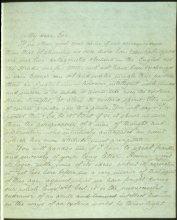
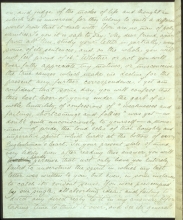
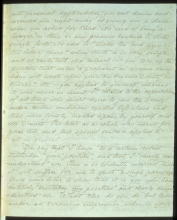
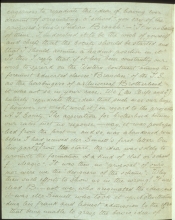
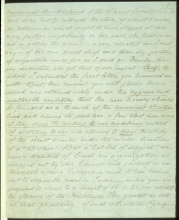
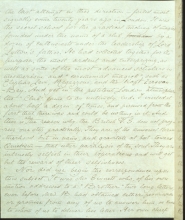
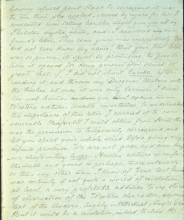
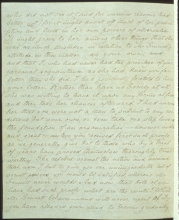
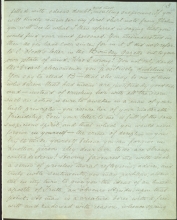
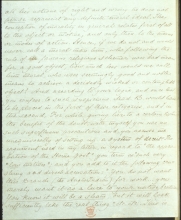

Some 20 years ago. Scholar Joscelyn Godwin wrote: "Twenty years before 1881 would be 1861, the year in which Eliphas Levi performed the evocation of Apollonius in the presence of Bulwer- Lytton."
Quietism is a devotional contemplation and abandonment of the will as a form of Christian mysticism.